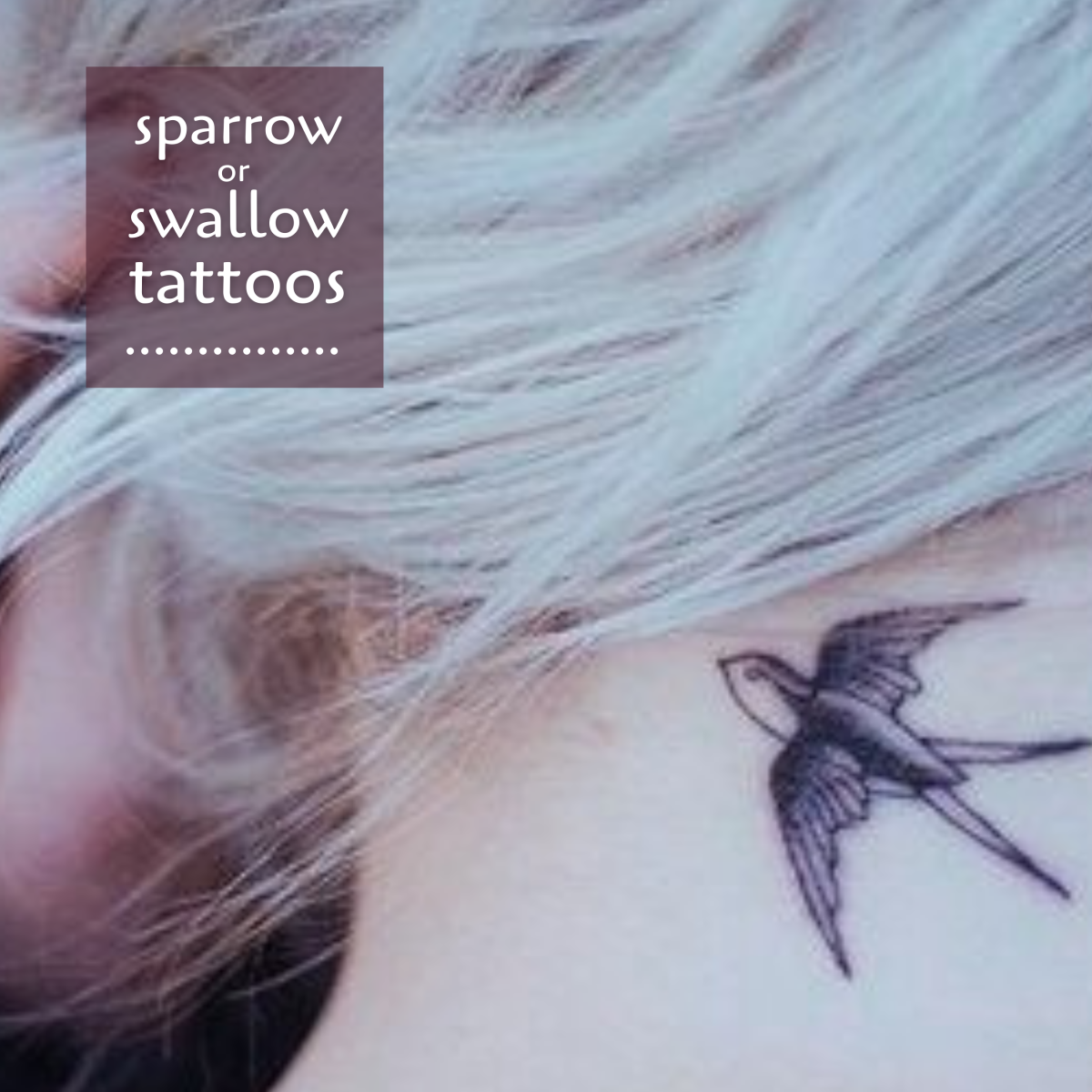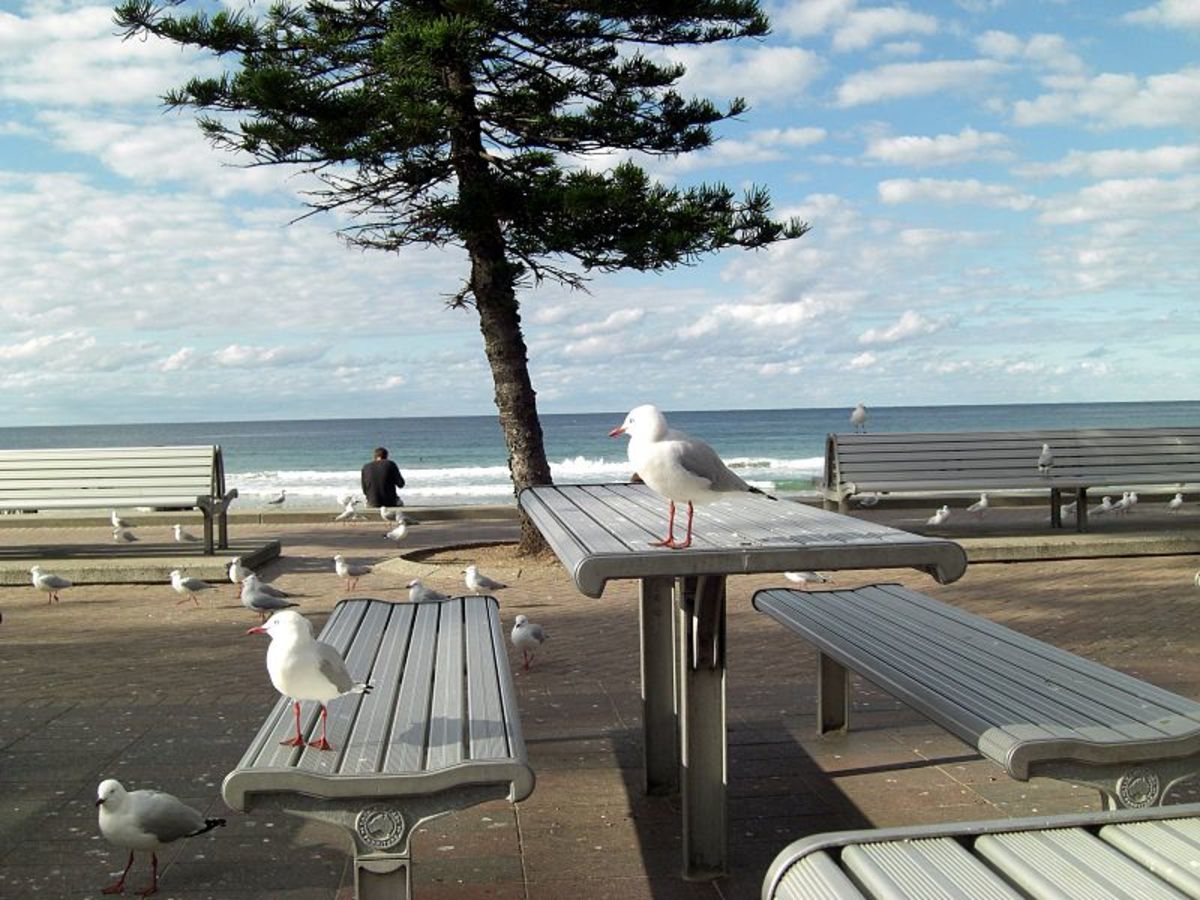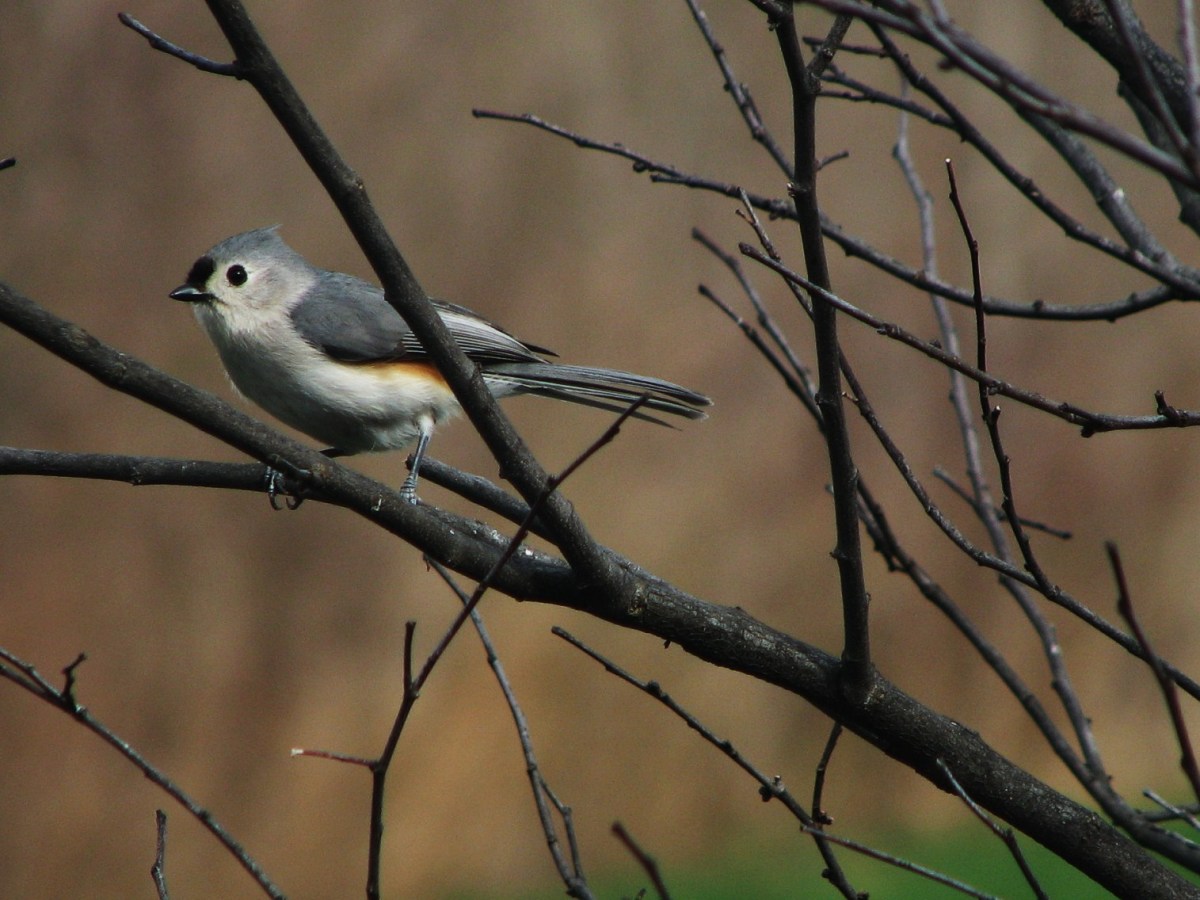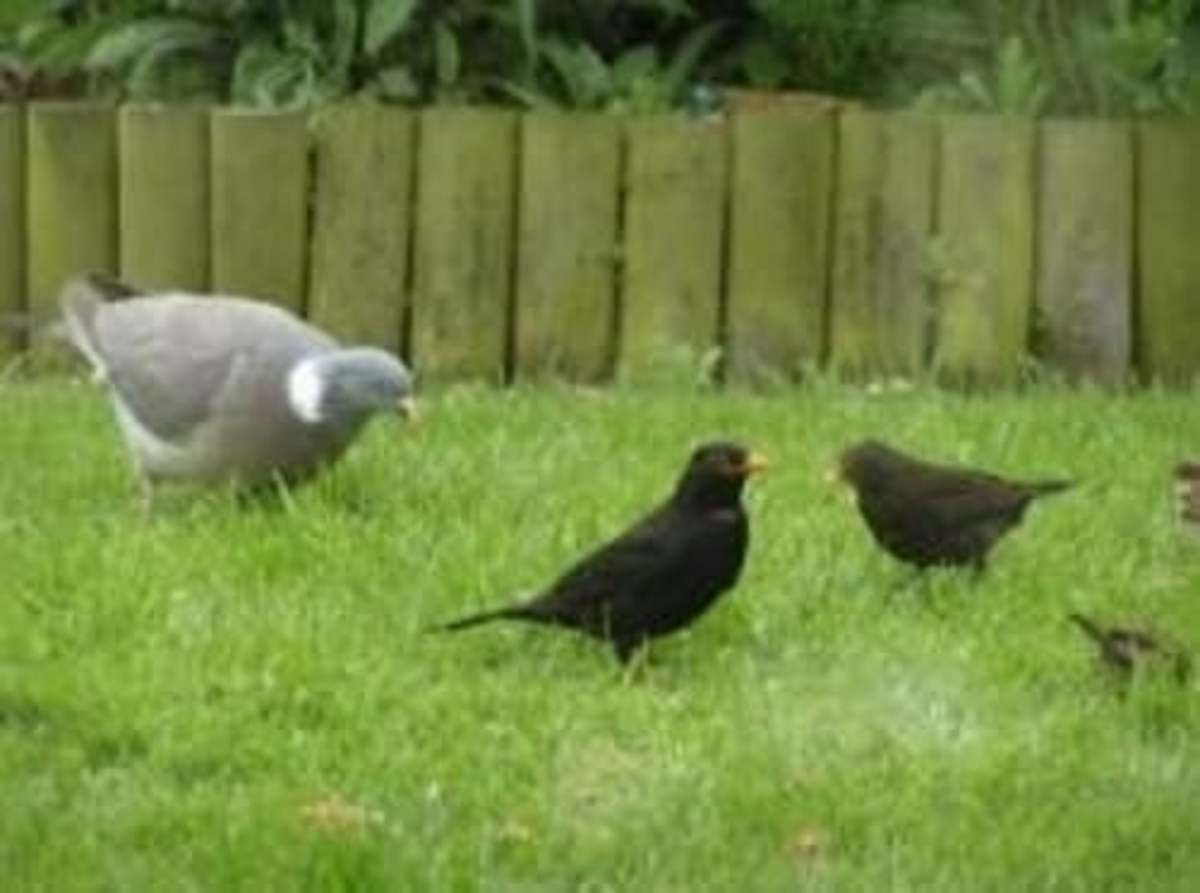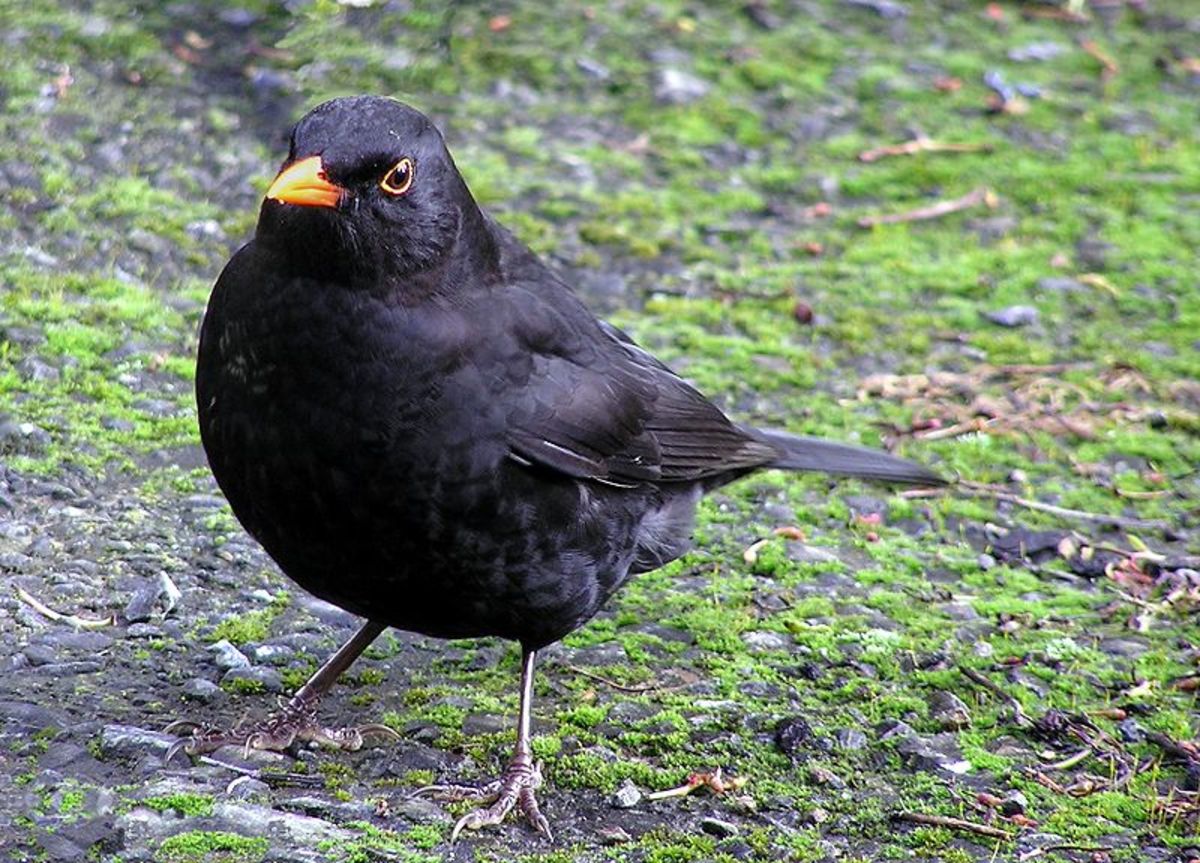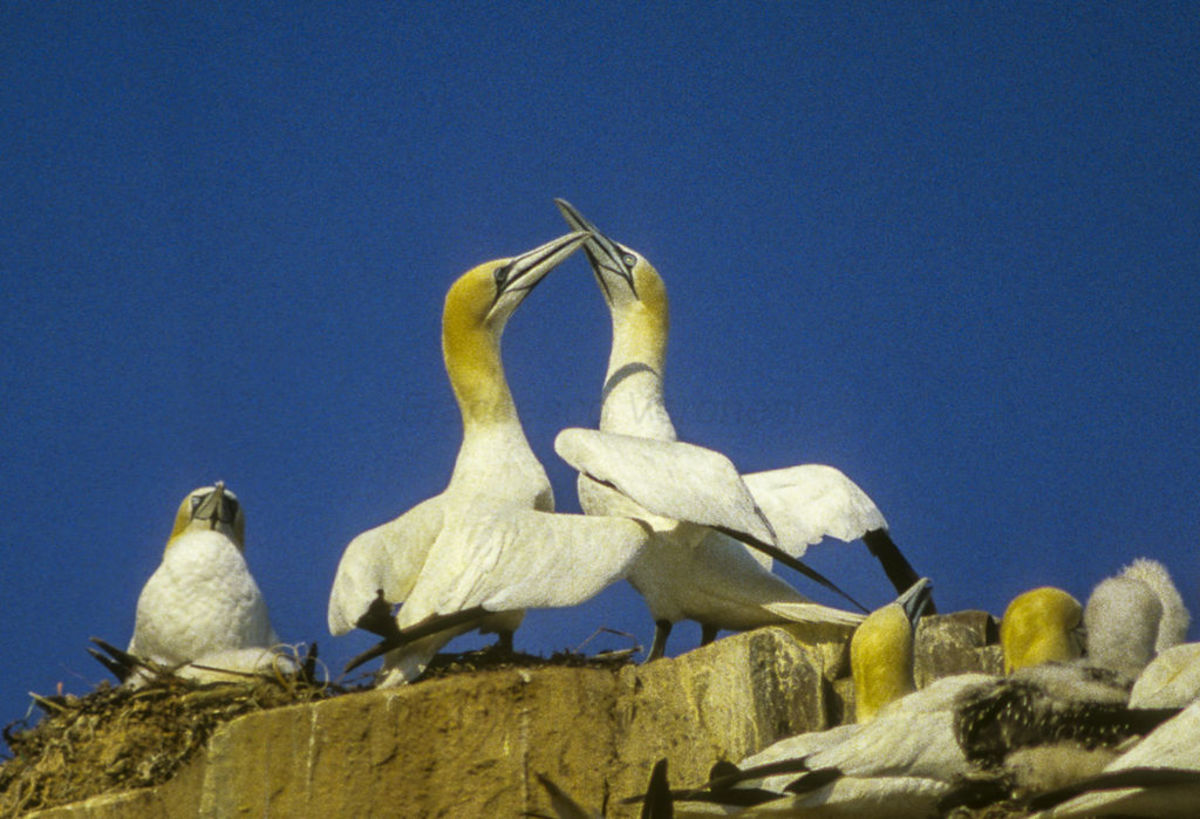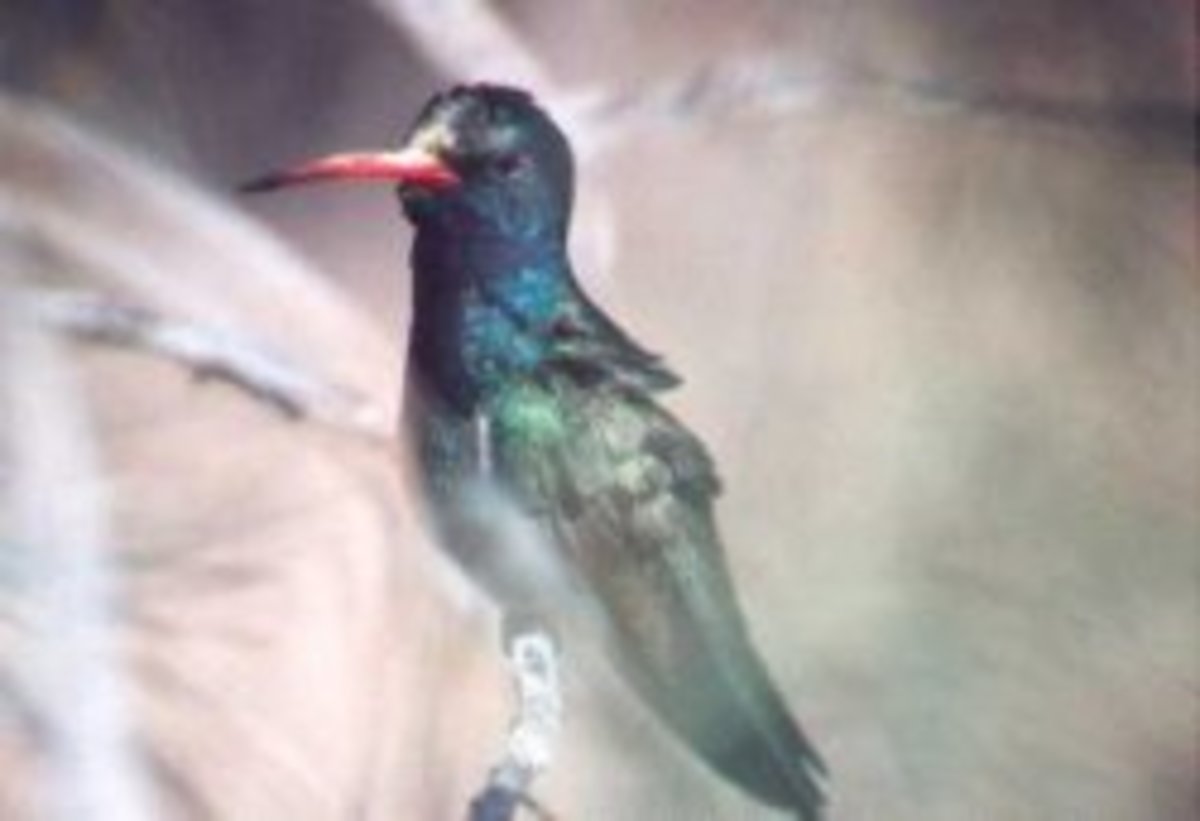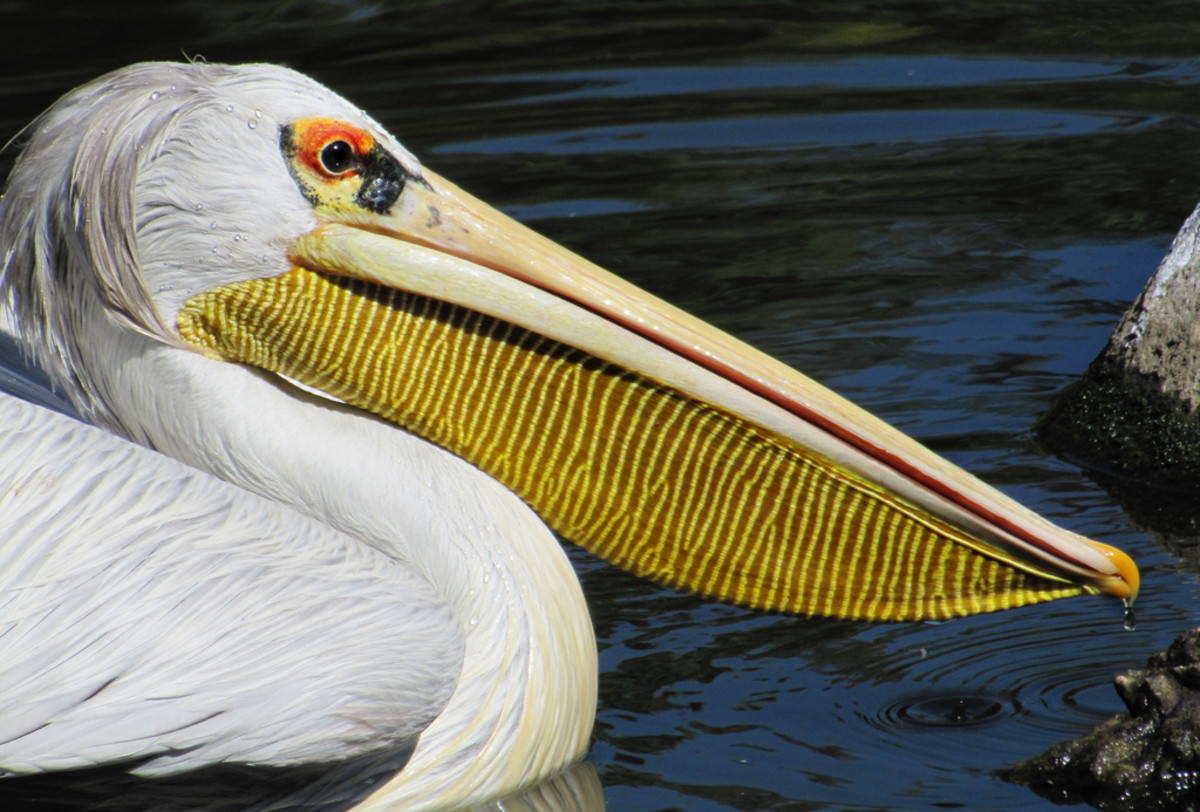House Sparrows in Airport
House sparrows eating left overs in cafeteria
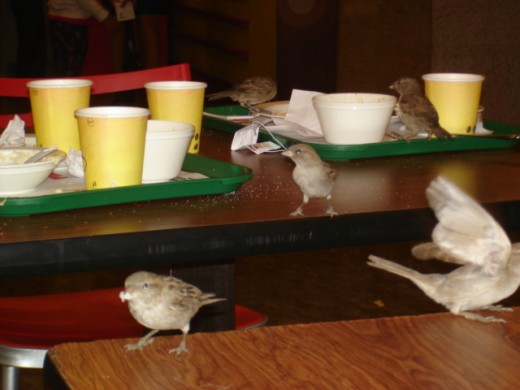
House sparrow facts
House sparrow is a small brown bird belonging to the sparrow family. They are seen throughout the world. House sparrows are known to follow human habitats and live in proximity to the human habitats. Sparrows flock the grocery shops in our town in search of grains. They are also commonly seen sitting on branches of bushy plants in front our house.
What do house sparrows eat?
House sparrows normally feed on insects, grains and flowers. I was flying to Delhi, end of December 2011 and was surprised to see sparrows in a cafeteria inside Bengaluru (Capital of Karnataka, India) airport.
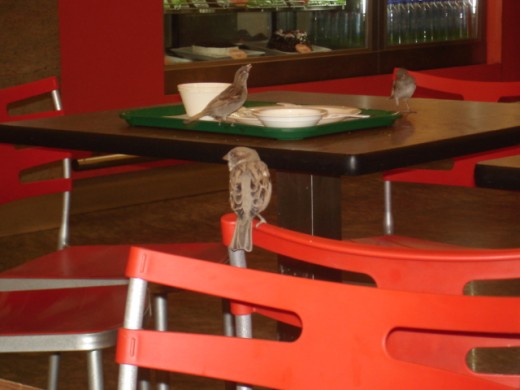
House sparrows and Bengaluru
Bangalore once was a haven for house sparrows with its lush greenery with lot of shrubs and bushes. Shrubs and bushes are the typical nesting places for house sparrows. With the green cover increasingly being stripped off, the city witnessed a reduction in the number of house sparrows.
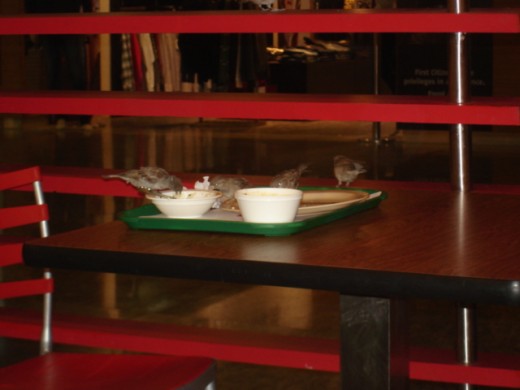
Bangalore started with a campaign "Gubbi Goodu" on March 20th 2011,the World House Sparrow Day. Gubbi Goodu, which means sparrow house, was initiated by Biodiversity Conservation India Limited- Zero Emission Development (BCIL-ZED) Foundation in collaboration with the Zoo Authority of Karnataka to promote awareness about house sparrows as well as distribute specially designed sparrow houses to the residents of Bangalore, free of charge. This is an effort to increase the number of sparrows in the city which is now in the list of threatened birds.
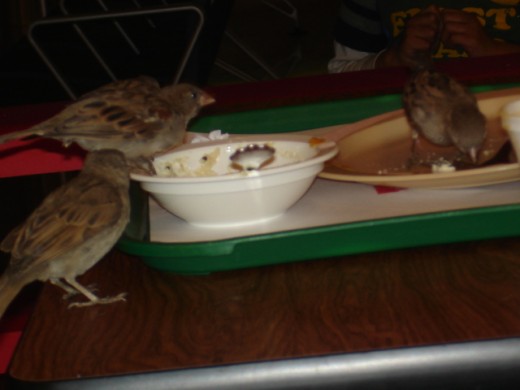
The cafeteria in Bengaluru airport served idli, dosa, puri etc. The sparrows fed on all left overs. But idli seemed to be the favorite as it is soft and may be easy for them to bite.

They were keen on eating the small pieces of idli fallen on the ground. It was a delight to watch them eating together.
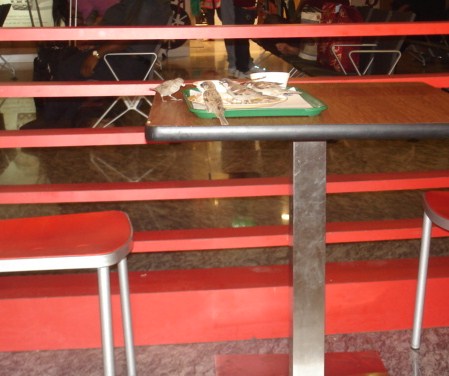
House sparrows are known to survive in human habitats. But I have never witnessed the birds coming so close to the humans. We thoroughly enjoyed the scene, though my mind trained in health care was a bit worried about the possible infections from such close proximity.

